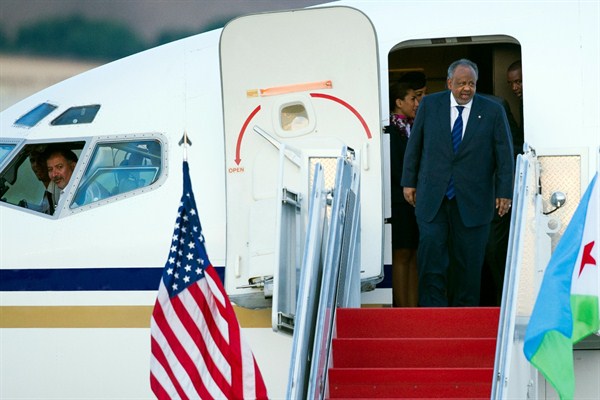Just weeks after sending troops to its first overseas military base in the tiny East African nation of Djibouti, China has come forward with a curious offer: to dive headlong into a dispute that illustrates the complex rivalries of the Horn of Africa region.
In an interview with the Associated Press published July 21, Kuang Weilin, China’s ambassador to the African Union (AU), said China would consider sending peacekeeping troops to a border area contested by Djibouti and Eritrea. The dispute over the area, known as Ras Doumeira, dates back to the late 19th century, when Eritrea was colonized by the Italians and Djibouti was known as French Somaliland.
In 1996, the two countries “nearly went to war” after Djibouti accused Eritrea of shelling the region—a claim that was later retracted. In 2008, the situation became even more serious, with a military standoff leading to clashes that killed at least nine Djiboutian soldiers. The following year, the United Nations imposed sanctions on Eritrea, in part over its refusal to withdraw troops from the zone.

